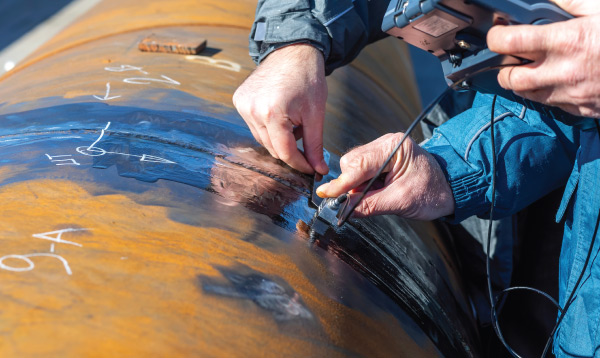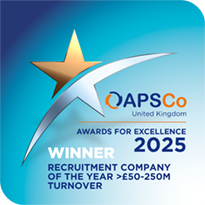Welding Inspector
A Welding Inspector plays a critical role in the engineering sector, responsible for examining the quality of welds and ensuring that all welding work meets specific standards and regulations. To work in this capacity, one typically needs qualifications such as the Certified Welding Inspector (CWI) credential, a deep understanding of welding processes, and knowledge of metallurgy and quality control procedures. Attention to detail and the ability to interpret blueprints and structural codes are indispensable skills.
When hiring for the role, employers look for proven experience where the candidate has functioned effectively as a Welding Inspector. A strong background in inspection within relevant industries, such as construction or manufacturing, is often sought after. With safety being of utmost importance, a Welding Inspector is expected to be vigilant in upholding high-quality welding standards.
NRL's dedicated team works closely with clients to understand specific requirements and industry standards, whilst also engaging with skilled Welding Inspector candidates who possess the necessary certifications and experience. Potential Inspectors are vetted to ensure a comprehensive understanding of welding techniques, safety procedures, and regulatory compliance.
Contract Welding Inspector JobsContract Welding Inspector jobs provide professionals with the flexibility and diversity that permanent positions might not offer. These roles are typically project-based, allowing Inspectors to work on various assignments for different clients, which can range from short-term projects to longer engagements. Working on a contract basis enables Inspectors to gain exposure to a wide range of industries and projects, enhancing their skills and experience. Additionally, contract roles often come with competitive remuneration packages and can offer opportunities for Inspectors to select assignments that align with their expertise and career goals. This arrangement benefits both employers, who can access specialised skills as needed, and inspectors, who enjoy varied and dynamic work environments. | .jpg) |
Frequently asked questions
What does a Welding Inspector do?
A Welding Inspector is responsible for ensuring that welded components meet the required quality and safety standards. They inspect welding processes, materials, and equipment to identify any defects or deficiencies that could affect the integrity of the welds. Additionally, they interpret and enforce welding codes and specifications to guarantee compliance and quality assurance.
How much do Welding Inspectors make in the UK?
In the UK, Welding Inspectors can expect to earn an average salary of around £32,000 to £40,000 per year. However, salaries can vary depending on factors such as experience, certification level, employer, and location. With more experience or advanced certifications, Welding Inspectors may command higher salaries.
How long is the Welding Inspector course?
The duration of a Welding Inspector course typically ranges from a few weeks to several months, depending on the level of certification and the intensity of the programme. A basic welding inspection course can be completed in around 2-3 weeks, while more advanced courses, such as the CSWIP or TWI certification programmes, may require several months of training and study to complete. It is important to choose a course that aligns with your career goals and desired level of expertise in welding inspection.


.png)


.png)


